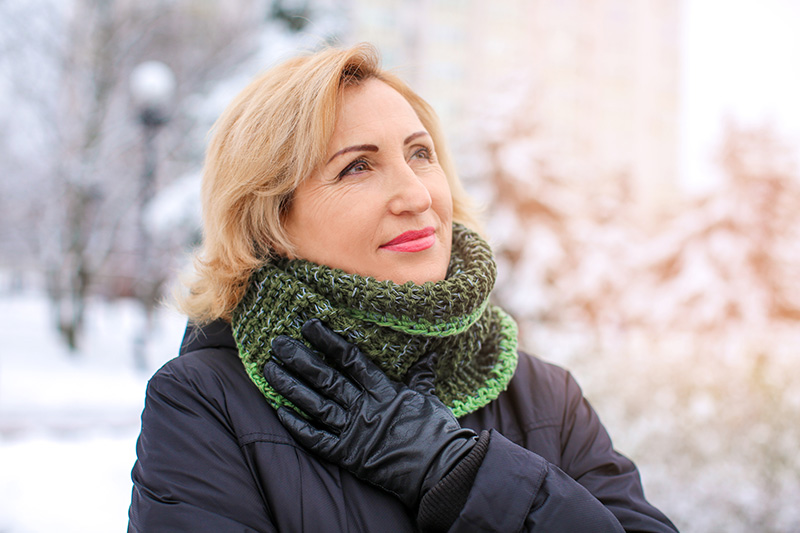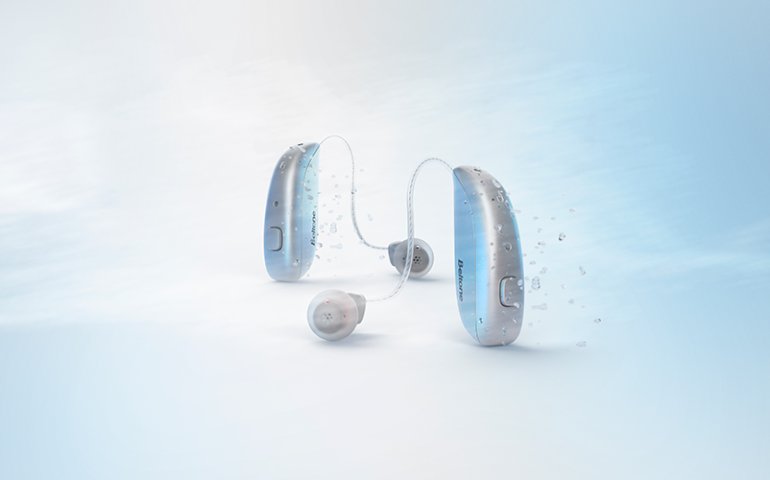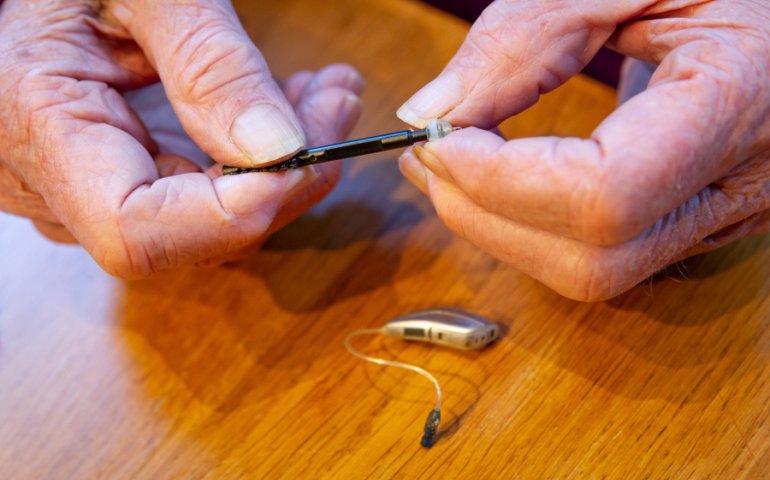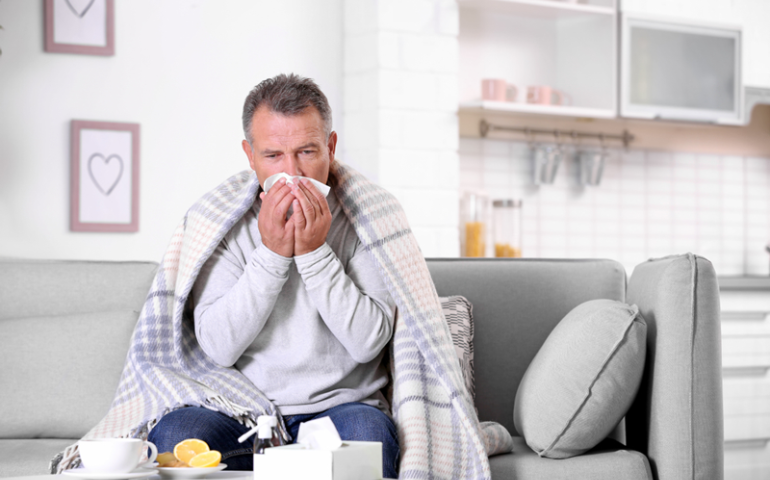Can Cold Weather Affect Your Hearing?
Many people have likely never considered cold weather affecting hearing. Most know of the dangers that cold temperatures and moisture can present for most of our bodies. Some people may only consider genetic and aging problems to be the causes for hearing troubles. Have you ever come up with a cold along with the inability to breathe properly, extreme congestion, or problems hearing? Colds are often caused by a virus present in the air named the rhinovirus inside invisible droplets. We can inhale them, as we breathe, resulting in the “common cold” and some other symptoms such as:
- Coughing with mucus
- Fatigue
- High fever
- Pain in throat
- Severe Stomach Pain
- Swollen Glands
- Dizziness
- Inability to Breathe
So, instead of the obvious factor of aging and genetics, there are many other controllable factors which are not noticed by us when it comes to hearing changes. The answer to whether cold weather can affect your ears is “Yes”, cold weather can affect our ears which puts our hearing at risk. Often when we are exposed to bitter coldness, it leads to a risk of affecting of hearing and hearing loss along with the many other problems we tend to focus on.
Increases Risk of Ear Infection:
The possibility an ear infection increases in cold winters. If you spend more time outside in cold winters than most with work or some activities, this may lead to some serious issues as you well know. Many of us suffer from ear infection two or three times in a given year, but if it is continuously occurring during the winter months then you may need to take further precautions. It is better to stay indoors when the temperature is very low outside. But if you must face bitter temperatures regularly, invest in protection for your ears and avoid leaving them exposed when outside for long periods of time.
Cold Weather Can Cause Surfer’s Ears:
This is a condition also known as an exostosis in which a person has difficulty in hearing. Frequently exposing your ears to cold and wet weather can cause Surfers ears. This occurs when these cold environment lead to an abnormal growth of bone inside the ear canal. Early symptoms include ear infections and difficulty draining the ear of water, dirt, and ear wax. This inability to allow the ear to clean itself—which is the basic job of ear wax, means that someone with this condition likely will struggle from repeated ear infections and potentially permanent hearing loss.
Weather Can Lead To Damaged Hearing Aids:
In such weather, people wearing hearing aid devices should take pay special attention to them.. The battery life of some hearing aids may decrease in cold weather as compared to warm weather. And drops of water in wet environment may also cause damage to hearing aids. Individuals should charge their batteries completely before going outside for long or should buy extra batteries for long trips. There are also specific dryers for hearing aids that can come in handy in keeping moisture out of them. Winter temperatures may be right around the corner. And many people do travel during the colder months for the holidays. Call Beltone South today at (888) 906-5246 to schedule your free appointment to check your hearing or contact us if you have concerns about your hearing aids before the lower temperatures arrive.






